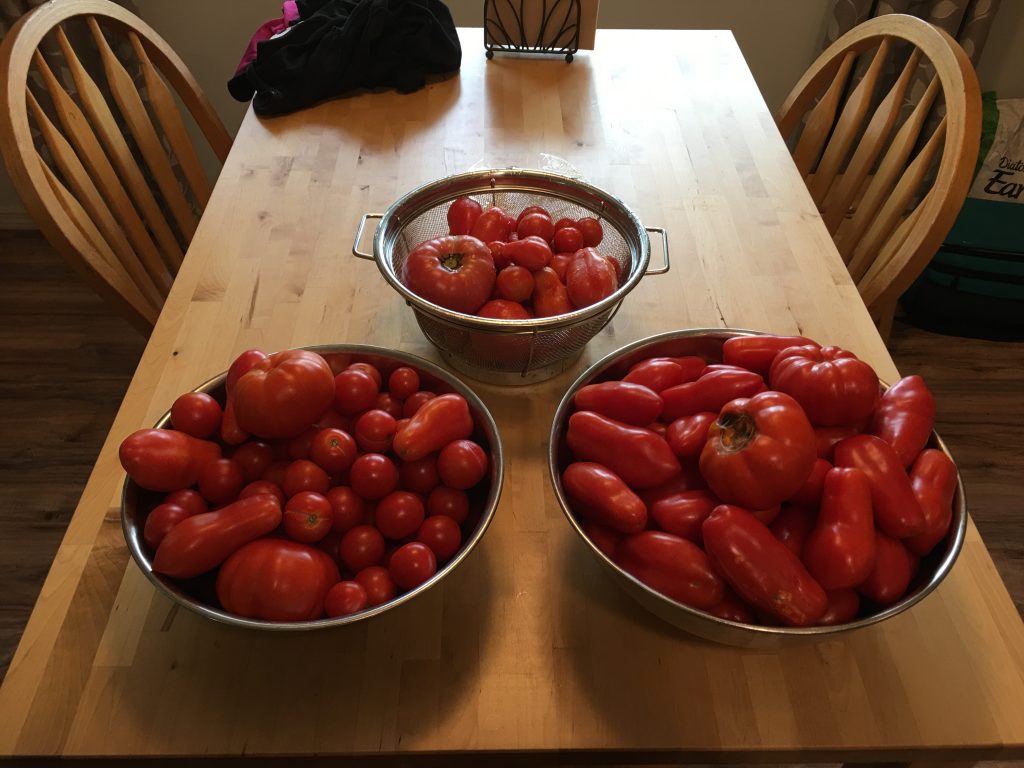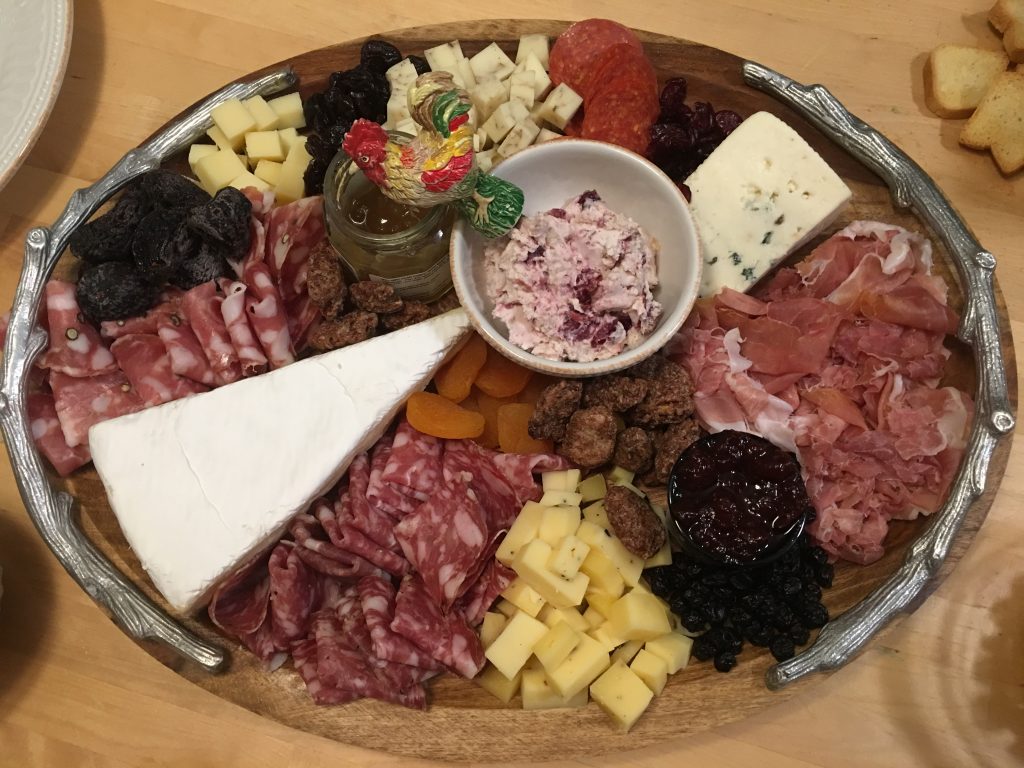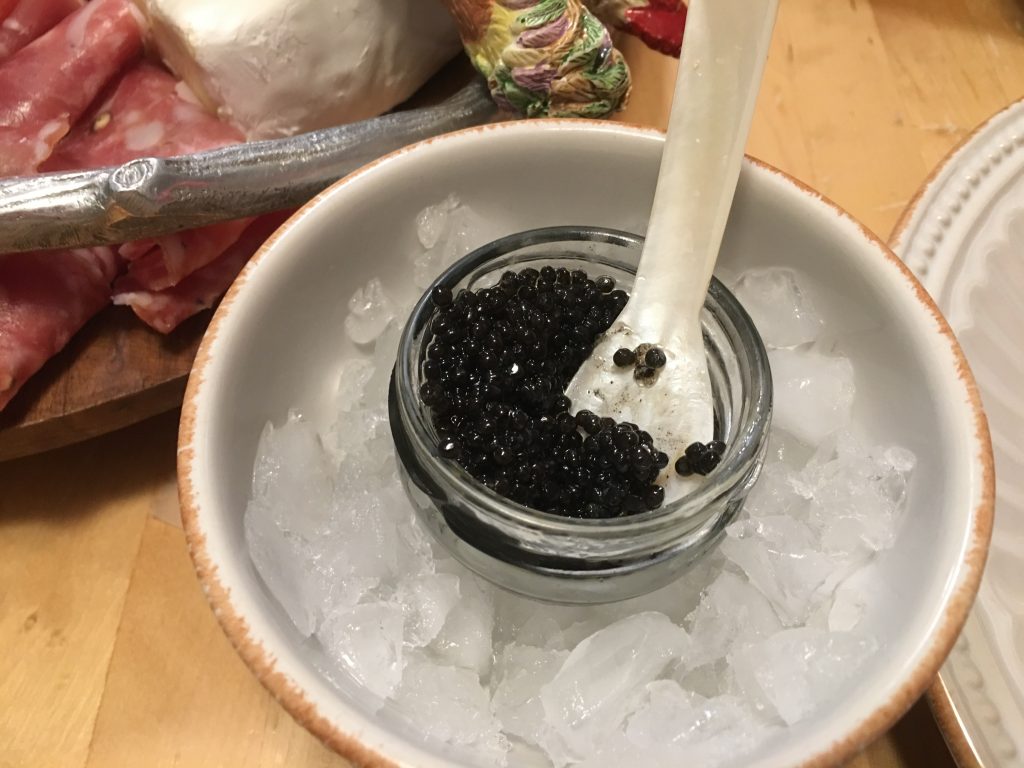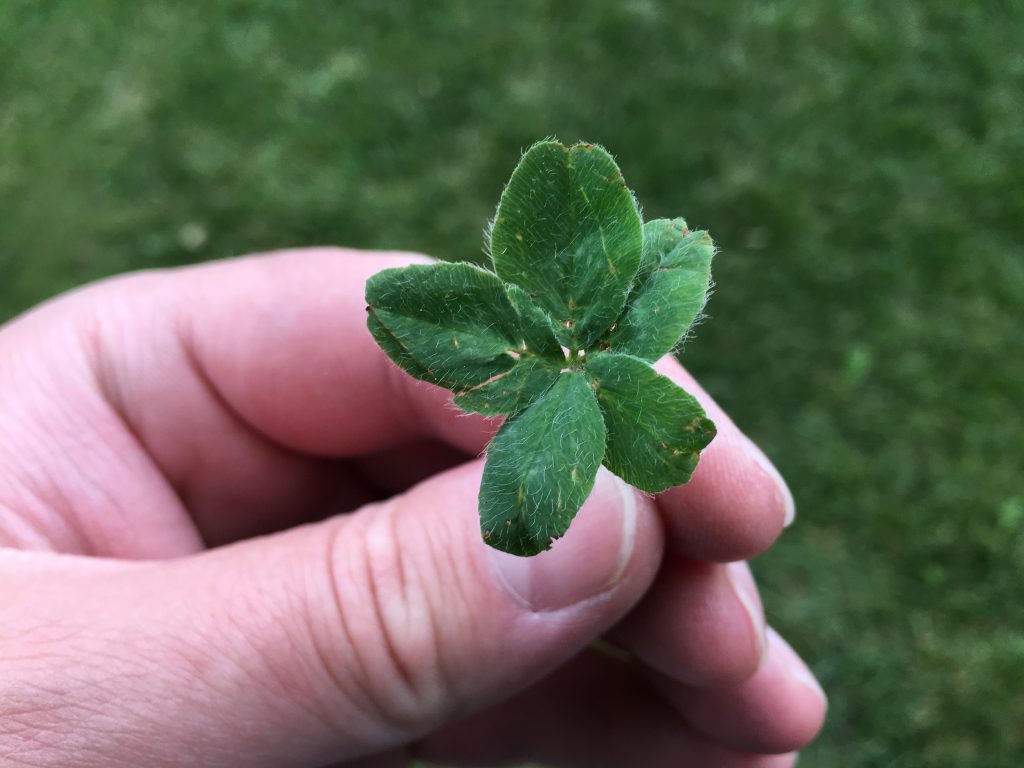A pretty young woman smiled at me in the grocery store.
This is noteworthy for a couple reasons. Firstly, it’s rare that anyone makes eye contact with me. Sure, I could bemoan the sad state of our current society, wherein we shun our fellow humans as simple and inconvenient co-habitants of the environment, but I doubt that the explanation is so simple. Perhaps it’s because we work ourselves to exhaustion and simply don’t have the mental reserves to allocate to simple camaraderie–or by the same argument, we don’t have enough time.
Second, based on simple observations of a personal lifetime, it’s rare that women in passing find me terribly attractive, or (as it’s been mentioned on one particular account) approachable. Maybe I should shave the mustache? Nah.
In any case, the scenario usually plays out as me approaching a woman’s proximity for unrelated reasons, at an indirect vector, and I–being cognizant of another sentient being, offer the most basic of friendly gestures–a smile. But rarely is this sentiment properly delivered, for the woman never acknowledges my own existence, and even seems to make a conceited effort to avoid the mere awareness of another living being. Ah well, that’s par really.
But a pretty young woman smiled at me!
Why would she do such a thing? Did she need assistance? No–she was merely pushing a cart. And I didn’t have the kid with me (which is generally the only time women acknowledge me). Could it be possible that she felt a simple and basic connection to another living being? There’s more to this. Let’s figure it out!
I didn’t have time to take a cursory glace at her cart’s contents, but she had chosen the full-sized version. Was she shopping for her family? She was on the cusp of being too young for me, and usually women that age aren’t performing full grocery runs. Maybe she was practically frugal? I dunno. I don’t have enough information to make a proper analysis, and all conclusions are mere conjecture.
But a pretty young woman smiled at me!
Maybe it was the mere sight of a well-dressed man approaching her. Could it be so simple? Was it possible that there were other women in the world who found me not only mildly attractive at first glace, but also approachable–enough to risk encouraging me?
Perhaps she merely felt basic empathy for her fellow humans. I’m no stranger to isolation, and the detrimental consequences of extended solitude. I recall my clinical psychology course in college, which recounted the sad tale of a lonely man who’s last written words were that he was headed to The Bridge, and if just one person would smile at him during his journey, he wouldn’t jump. Things did not work out so well. Not one soul in San Francisco between him and the apex of the expanse bothered to acknowledge him. Maybe this woman was aware of this story. Maybe she knew the power of a simple gesture–the way it flooded my neurons with dopamine and brought me momentary peace and contentment. I longed shake her hand or proffer a high-five–some minimally-invasive action that would allow me to perceive her existence in a tactile manner, to prove and acknowledge that she was the tangible being that brought me so much ephemeral joy.
Maybe she was the one on the bridge, reaching out to someone in the most subtle of ways–too afraid to do more–crying out to a world that doesn’t care if we continue to exist. I should do something.
A pretty young woman smiled at me!
I didn’t do anything. I thought for so long about the encounter’s implications that we passed, and I never even smiled back.
–Simon






